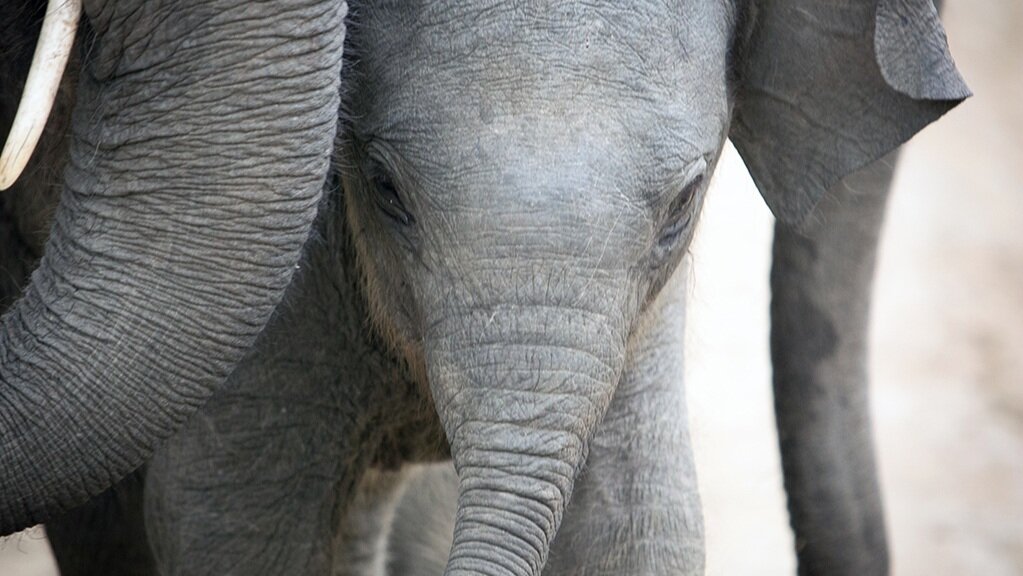Please SAY NO To Elephant Back Safari Rides in Sri Lanka
Where To See Elephants in Sri Lanka
Many travelers prefer to see elephants inside Sri Lanka’s picturesque National Parks , yet a large number still appear to book elephant rides, unaware of the cruel methods to break the spirit of these beautiful animals and make them “entertainment-ready” for your holiday in Sri Lanka! Read on for more on; how elephants are tamed and travel advice on what not to do with elephants in Sri Lanka.
The Association of British Travel Agents Warns Travel Firms
Ayu in the Wild has been strongly advocating against elephants back safaris, ever since our inception in 2012. We’re delighted that in 2019 ABTA has finally taken a similar stand in its animal welfare guidelines by requesting British travel companies to avoid booking elephant safaris, bathing or any interactions, either directly or via suppliers.
Baby Elephants Separated From Their Mums, For Your Entertainment
Did you know that baby elephants generally nurse for about two years, consuming about six gallons of milk a day? When left in the wild, young calves tend to stay with their mothers until they are around 5 years. These young mammals are tortured after being separated from their mothers and held captive for years.
Many calves do not survive.
Source: Ayu in the Wild Holidays, Sri Lanka
What You Should Not Do With Elephants, in Sri Lanka.
If you book a hotel in the Cultural Triangle, or elsewhere in Sri Lanka that promotes elephant back safaris - do not book this activity. Instead, please post your protest on social media.
Do not book elephant bathing and riding activities that are offered by independent suppliers in Habarana, Sigiriya, at the Pinnawala Elephant Orphanage and near the Minneriya National Park.
Do not feed elephants on the road near Udawalawe National Park or on the road between Kataragama and Yala National Park, Block 5, although your chauffeur guide may insist on doing so.
Do not endorse any charities or orphanages that offer walking with elephants and caring for them as part of an elephant volunteer program in Sri Lanka.
Ayu in the Wild strongly believe that any elephants held in captivity for processions and festivities should be subject to strict animal welfare-regulations and eventually, this practice should cease to exist.
How Is An Elephant Tamed
Did you know that the elephants are tamed by being beaten, stung repeatedly by the ankus (the Mahout’s hook), have all four legs tied on a short rope for days on end and even starved - until they submit to orders. What you choose to ride on, is not an elephant but a soul broken in spirit.
Wildlife - Not Entertainers
A responsible safari is where you see elephants in the wild, in their natural habitats playing, feeding, bathing without inhibitions.
You have the power to make a difference in this vicious cycle of cruelty.
Ask Ayu in the Wild travel advice on how to book a responsible tailor made holiday in Sri Lanka.
Email: info@ayuinthewild.com
or
WhatsApp us on +94 77 248 1100






